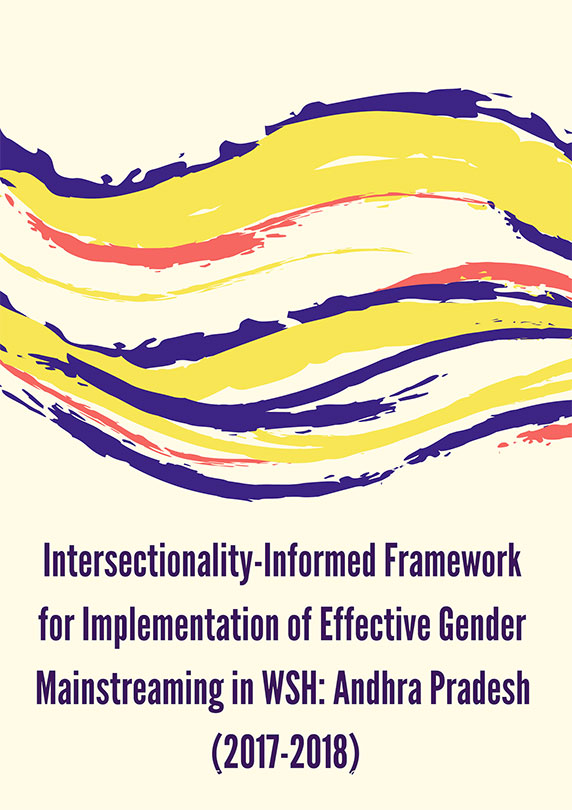CSTEP, in collaboration with the Administrative Staff College of India (ASCI) and Centre for Advocacy and Research (CFAR) aims to strengthen agencies and advance policies, regulations, and processes for increased accessibility to Water, Sanitation and Hygiene (WSH) services. The project will demonstrate an inclusive and implementable framework that looks at the cumulative impacts of different social factors (gender, age, ability, socio-economic class, etc.) and their interactions on access to adequate sanitation across the value chain. The concept of intersectionality - which aims to study concurrent and complex relations between different aspects of society and the impact of systems and processes of oppression - will be applied to existing Gender Mainstreaming strategies, thereby increasing its scope and depth. This framework's principles and tenets will be mainstreamed for policy interventions, opportunities for dialogue, legislative frameworks, sustainable agencies, resource allocation/use, planning tools, implementation guidelines and monitoring framework. This framework will be first piloted in three towns of Andhra Pradesh and state and city capacities will be built to integrate and implement the framework into their state sanitation strategy and city sanitation plans.

